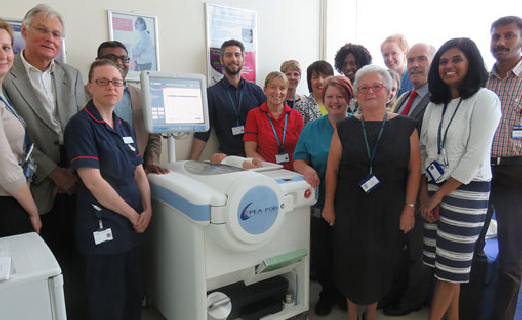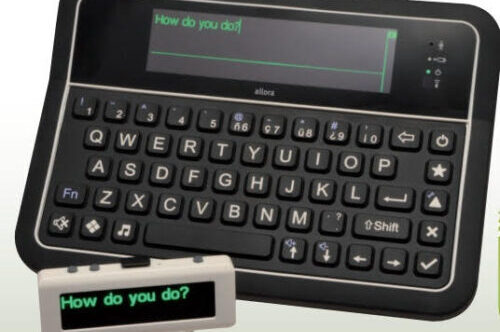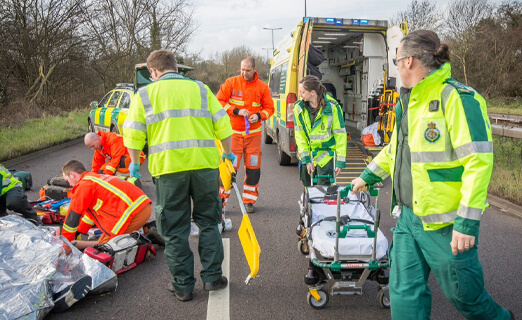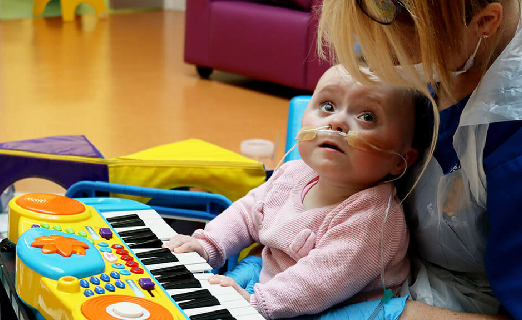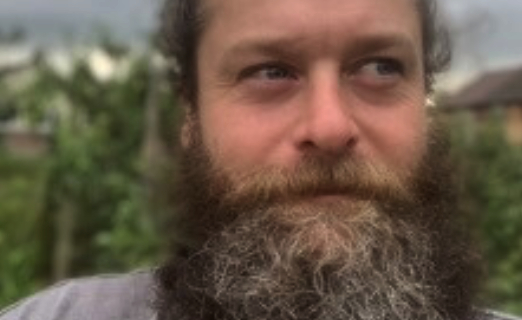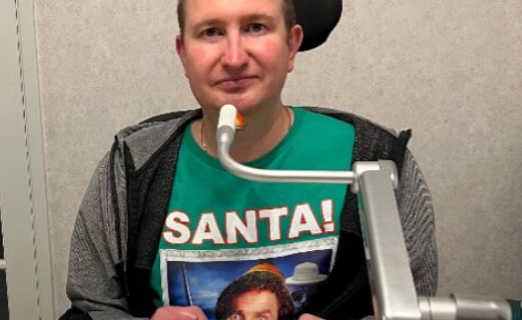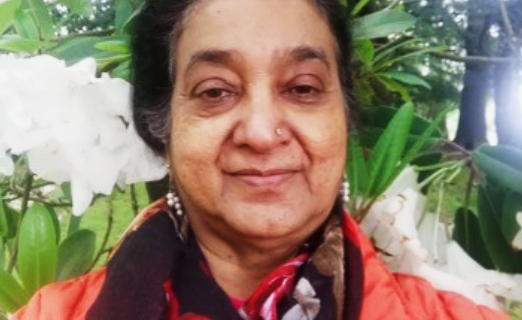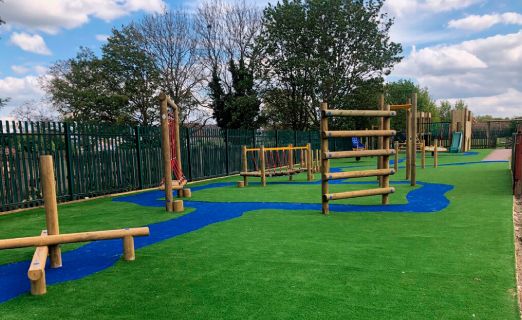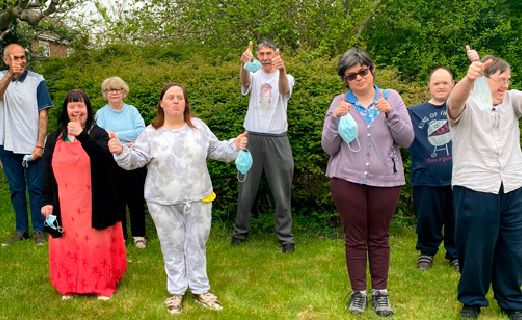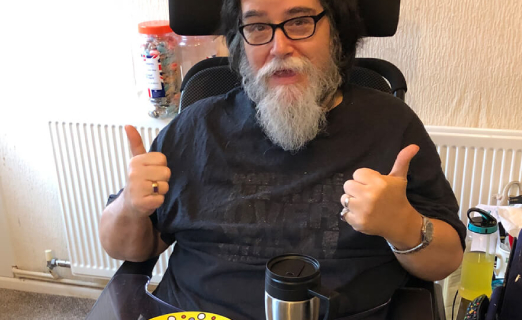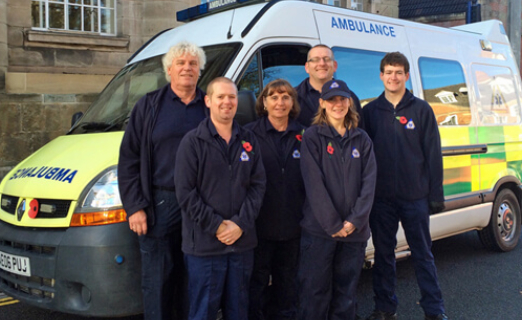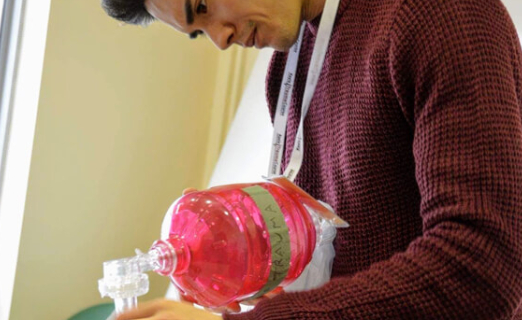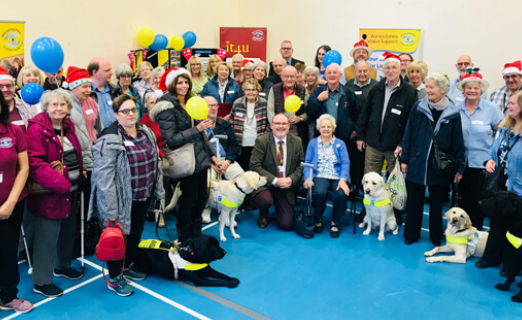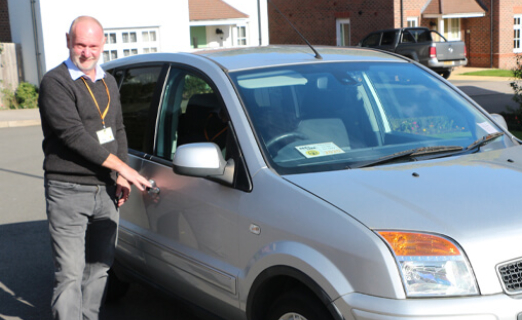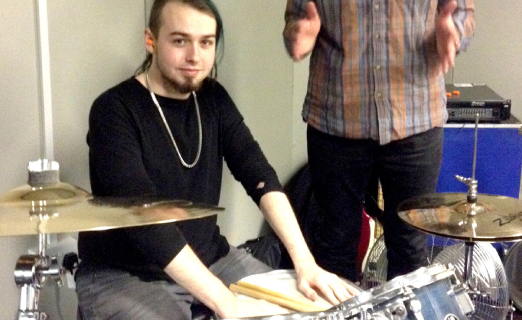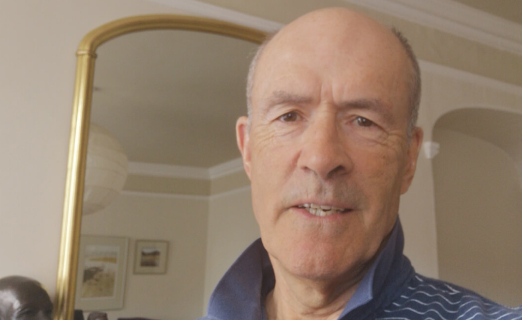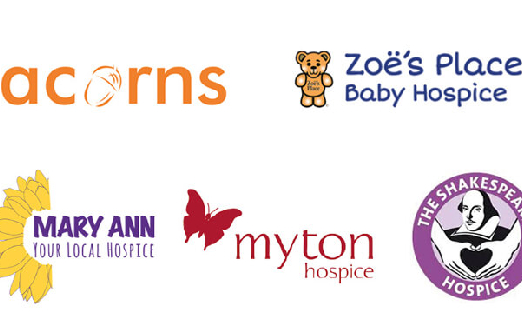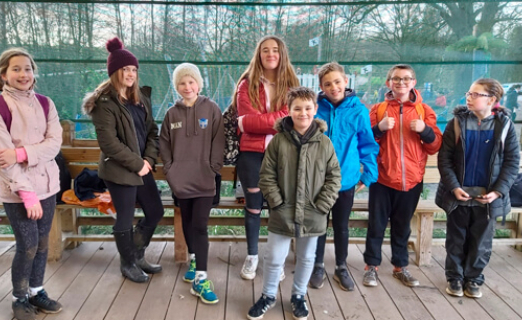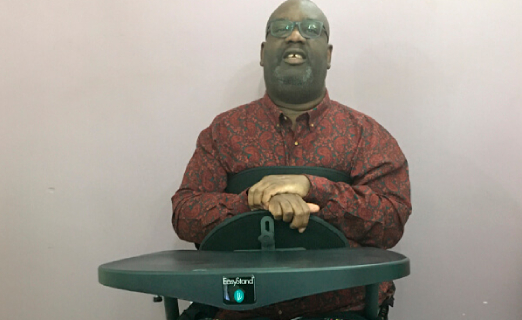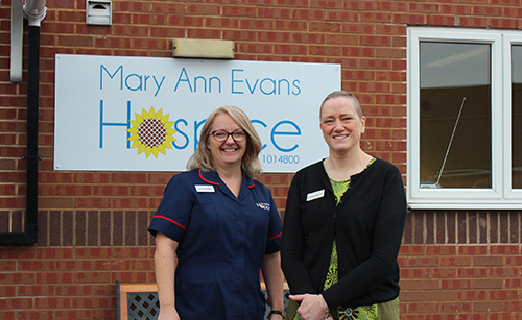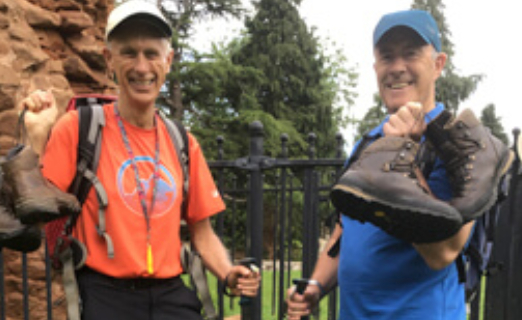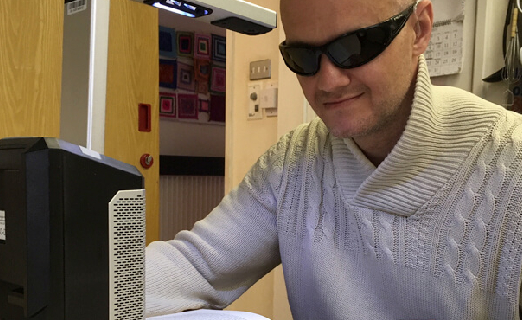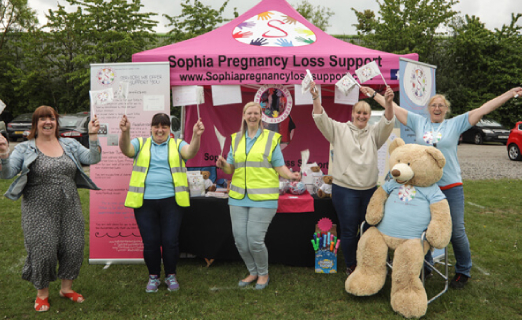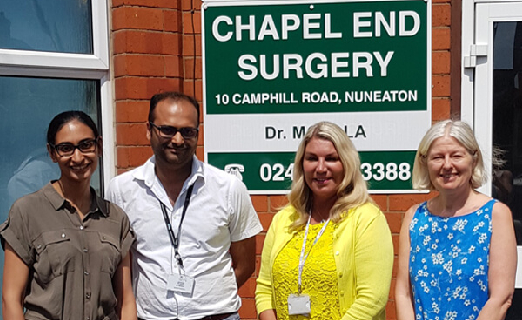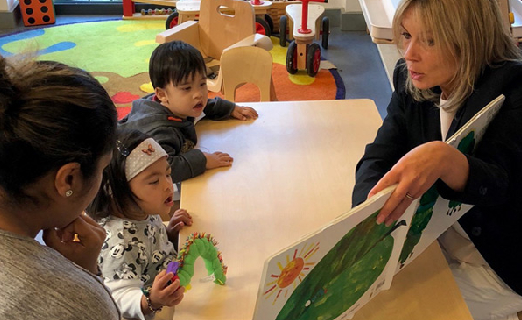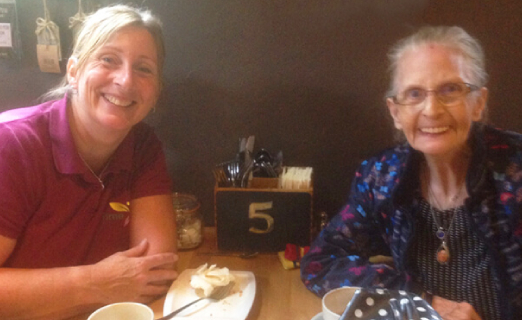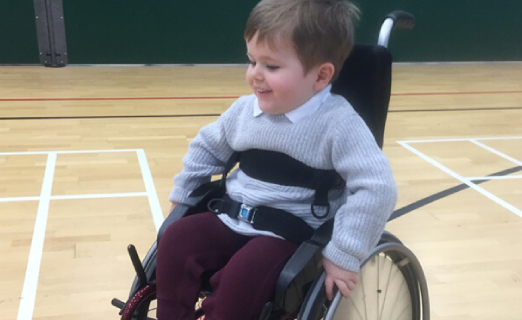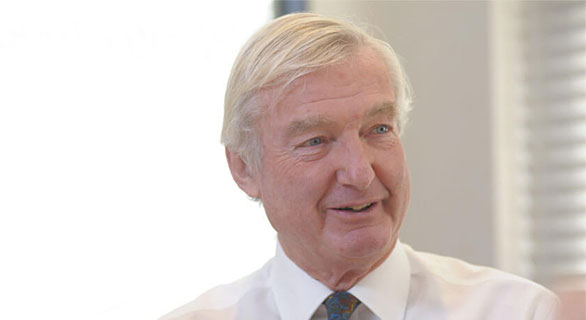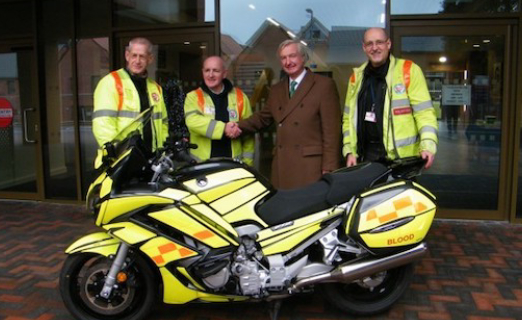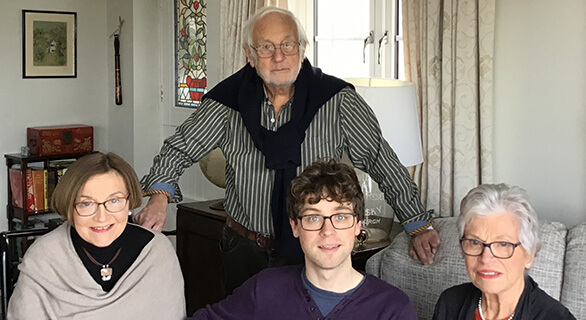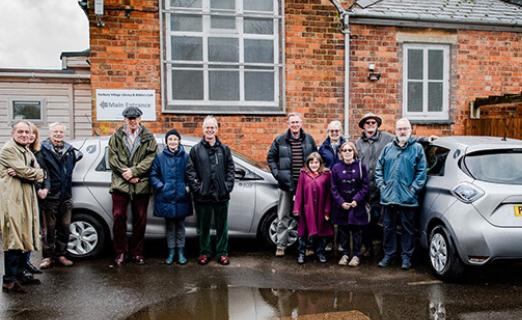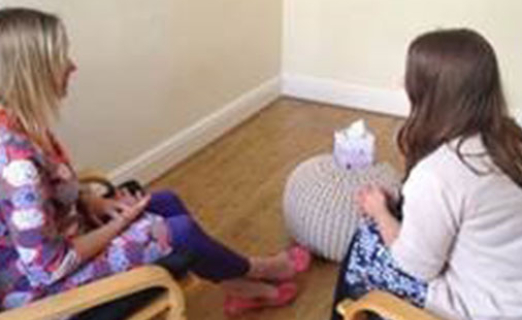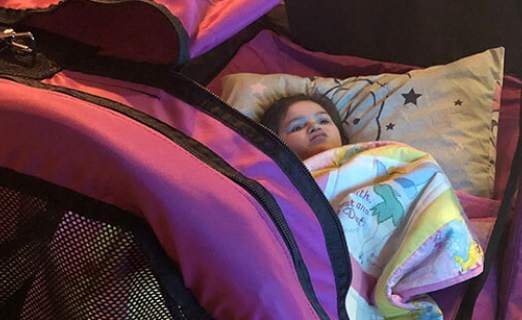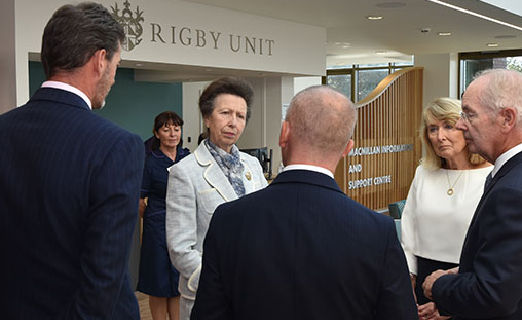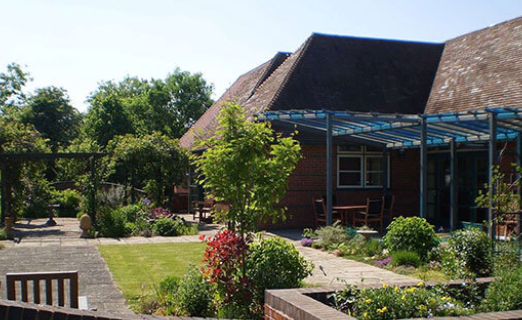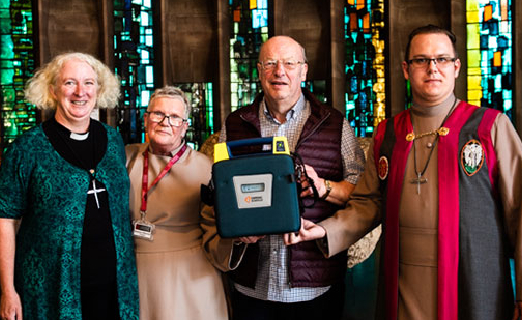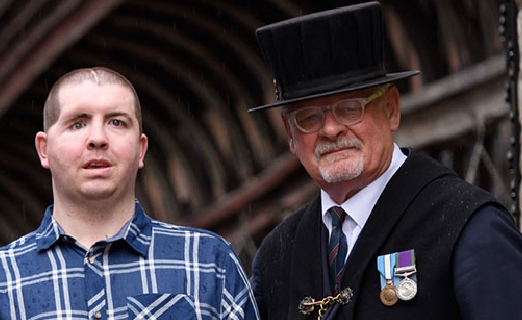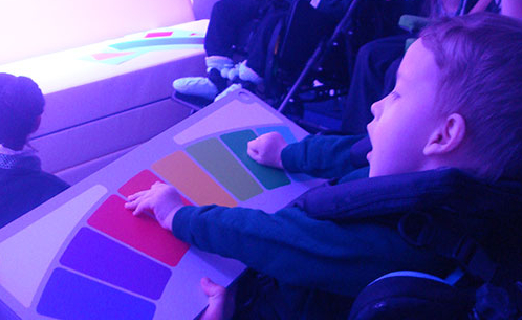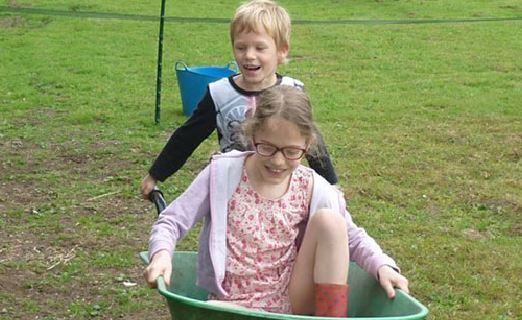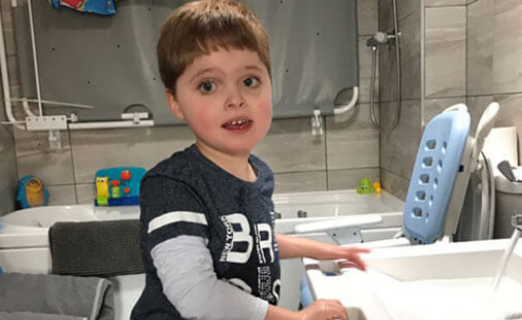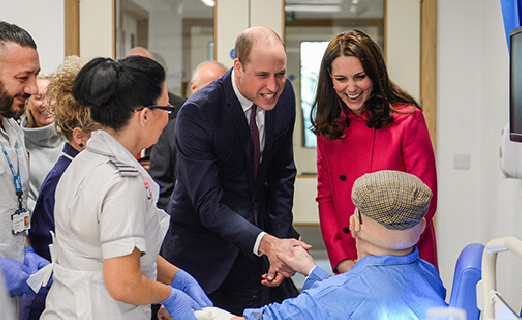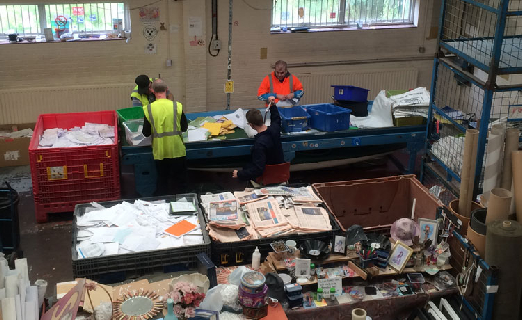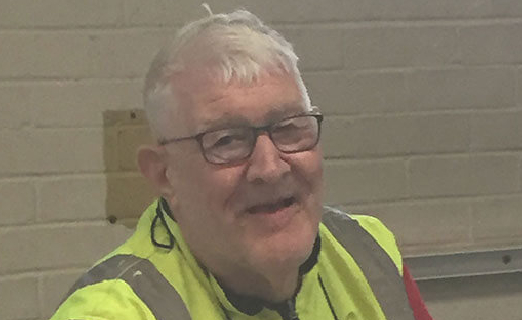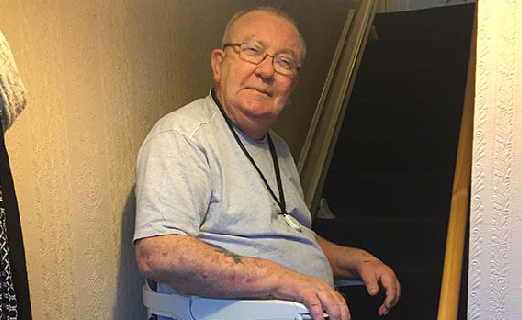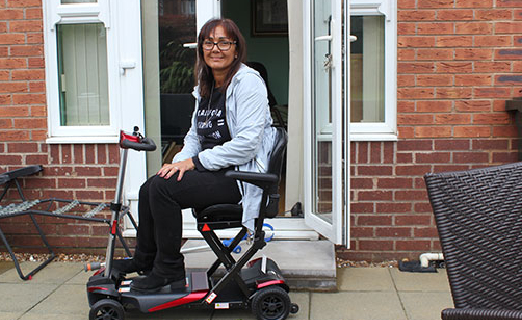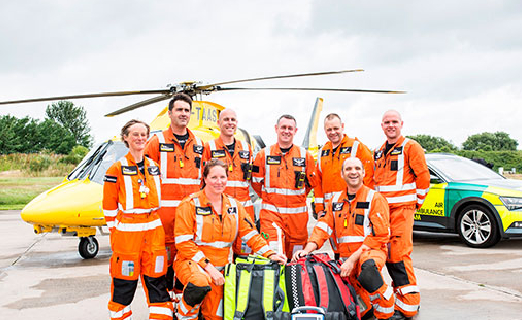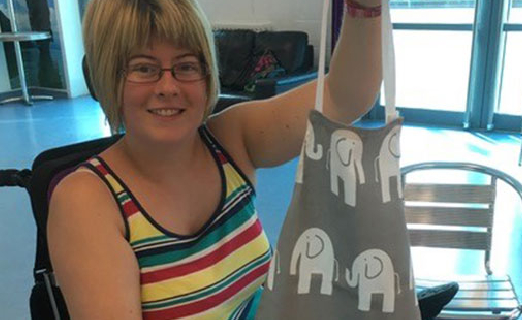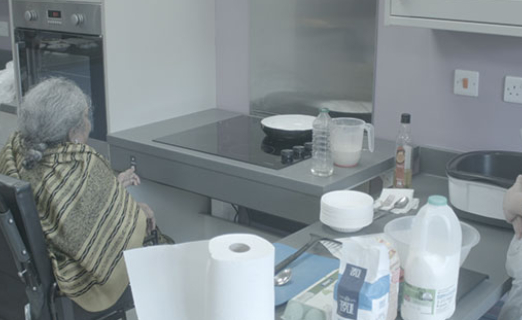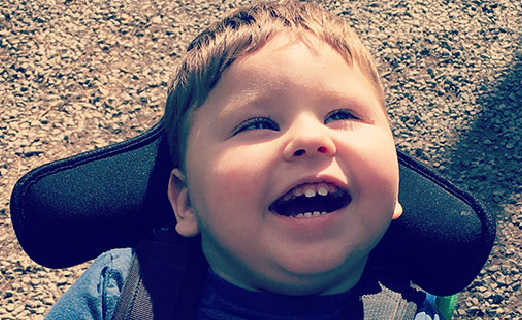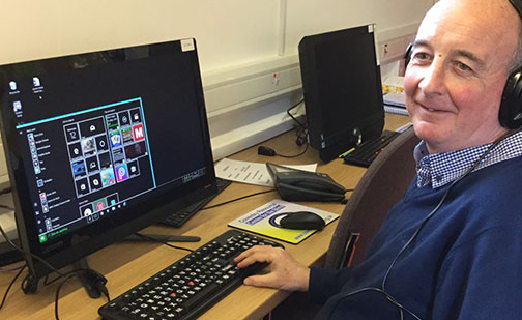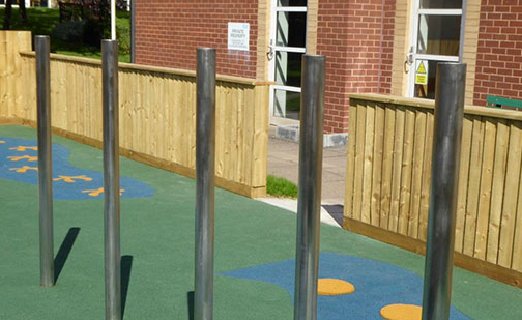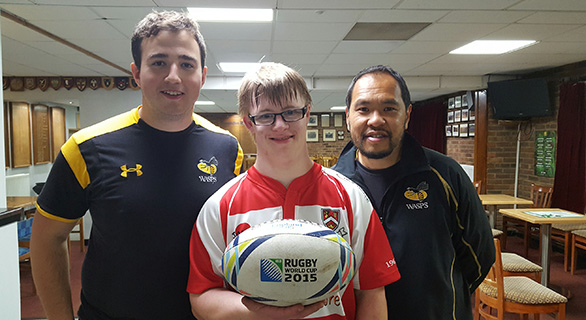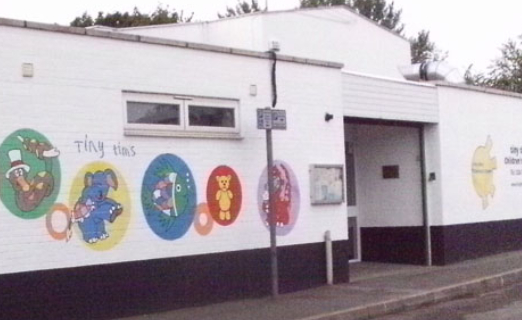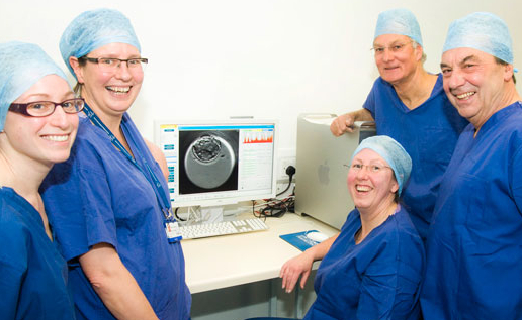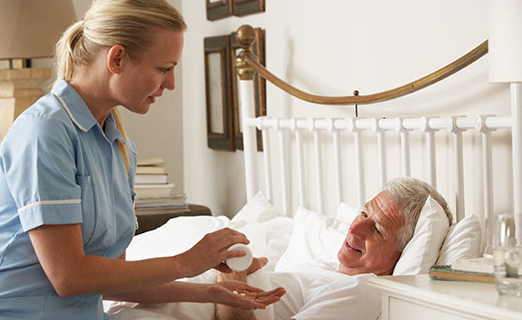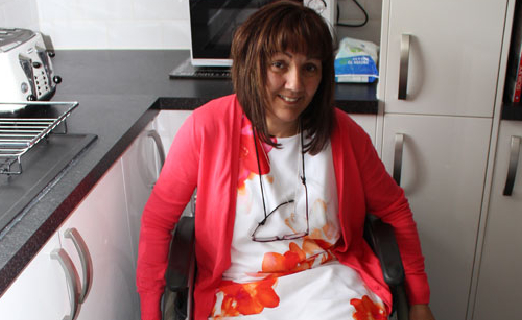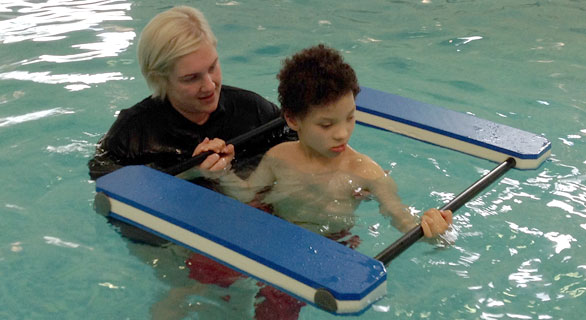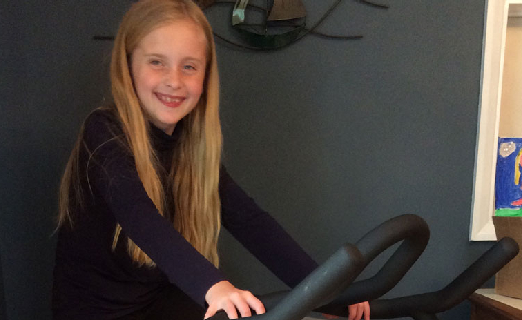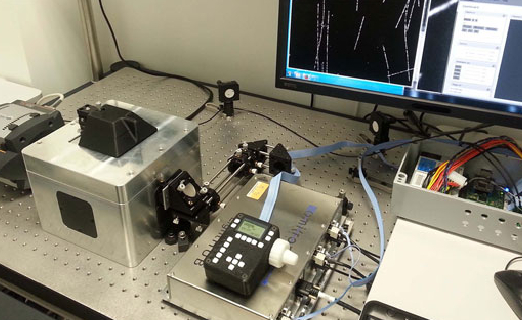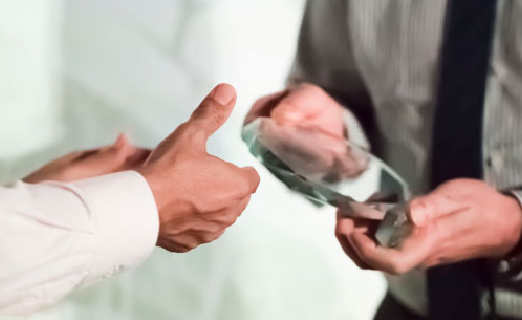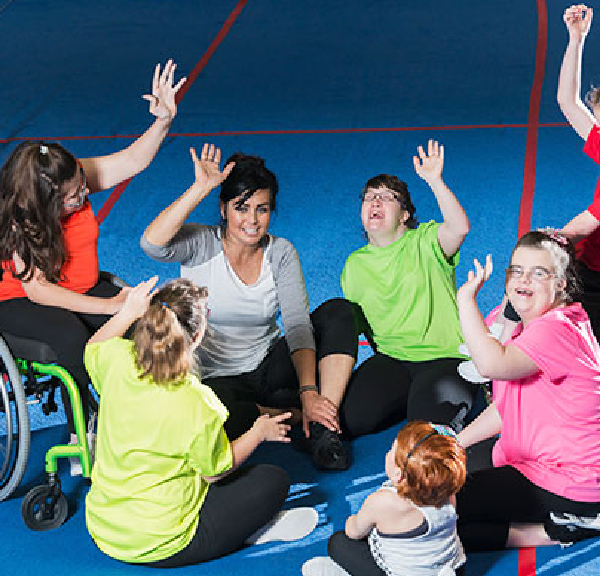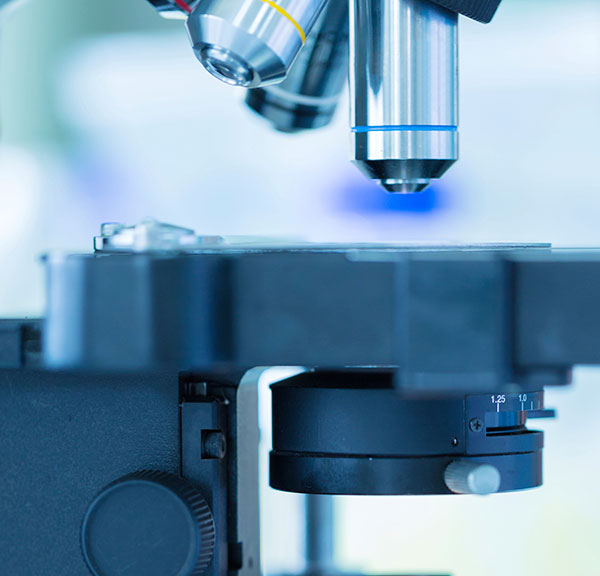Baby research study
To help identify future Diabetes patients
New research at George Eliot Hospital will track the weight of babies born to mothers with Gestational Diabetes to help understand whether they are more likely to develop obesity and Type 2 Diabetes when they become adults.
To capture the exact bodily composition of these babies, the research team are to use a special device known as a PEAPOD. The PEAPOD accurately measures the fat and water make-up of the babies using air displacement- the baby is placed in the pod, and by measuring the air displaced from the pod, the baby’s total body fat and muscle content is accurately calculated. These calculations help to predict who will go on to develop Obesity and Type 2 Diabetes in later life. Such knowledge will enable to implement strategies to reduce the risk from birth.
Dr Saravanan who also works at Warwick Medical School, runs the largest clinical study on Gestational Diabetes (GDM) in the UK- known as the PRiDE study and the PEAPOD research will be another part of this study supporting patients with diabetes.
This innovative device was generously funded by WPH Charitable Trust, a local charity which supports medical research that benefits local communities across Coventry and Warwickshire, WM Clinical Research Network, and by University of Warwick alumni, who generously supported the device following a charity appeal.
Dr Saravanan- or Sara as he is known locally- was thrilled with the support received by the WPH Charitable Trust and Warwick’s graduates: “We are leading the world with this important study to understand how GDM impacts babies in the longer term, and to be able to purchase this crucial piece of equipment to make the findings even more accurate.
“The Midlands has the highest rates of Type 2 Diabetes in Europe, and it is a credit to WPH and Warwick’s alumni that they have come together to support this work which will benefit patients across the region.”
Head of Maternity at George Eliot Hospital, Alison Talbot said: “Our maternity team welcome this clinical study and will work closely with the team to support this important research.”
A launch event was held on 30th June to celebrate the PEAPOD’s installation, attended by WPH trustees, Warwick graduates, and some very special babies who have already taken part in the trial.
